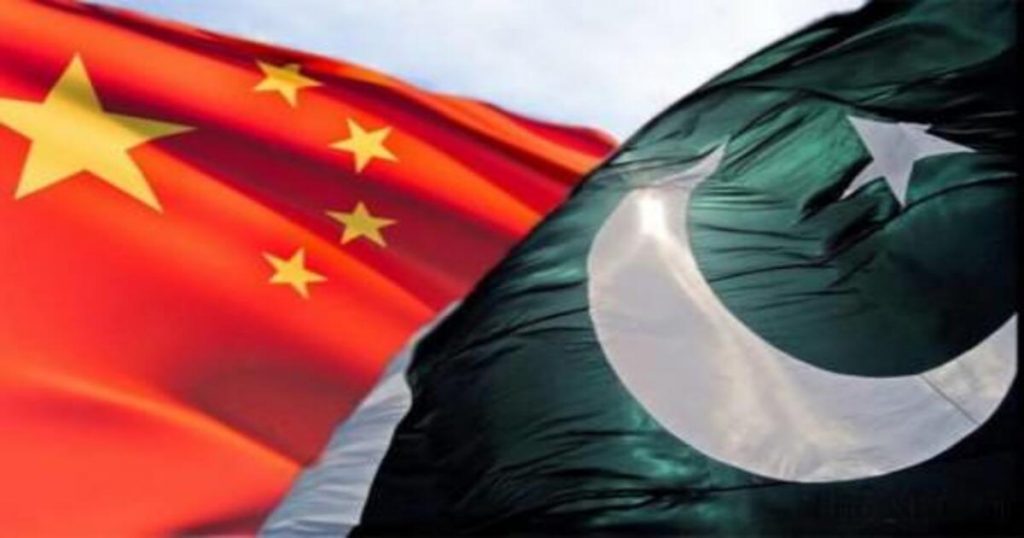The China-Pakistan Economic Corridor (CPEC) has created over 200,000 jobs, including roles for engineers, during its first development phase in Pakistan.
According to the Planning Development and Special Initiative (PD&SI), during CPEC’s first decade, the two countries strengthened ties across various sectors, leading to the creation of numerous jobs in Pakistan. CPEC is also significantly enhancing people-to-people connections.
Beyond job creation in Pakistan, CPEC plays a crucial role in enabling Pakistani students to attend top Chinese universities. Prior to the Covid-19 pandemic, approximately 28,000 Pakistani students were studying various disciplines in China. Studying and training in China offers future researchers a unique opportunity to gain firsthand knowledge of Chinese culture, business models, and practices. Moreover, China is extending a substantial number of scholarships and training programs to Pakistani students.
In CPEC’s first phase, the focus was on road infrastructure development and electricity generation due to Pakistan’s severe power crisis.
According to official statistics, so far 13 power generation projects with a total installed capacity of 8,020 MW and one HVDC transmission line with evacuation capacity of 4,000 MW have achieved their commercial operation. The 884 MW Suki-Kinari HPP energy project is expected to complete in July 2024. Additionally, the 700.7 MW Azad Pattan Hydropower project, the 1,124 MW Kohala, and the 300 MW Gwadar Coal Power Project are in the pipeline.
Regarding connectivity, under CPEC’s early harvest projects, six major infrastructure projects, including the Havelian-Thakot section of KKH, Multan-Sukkur (M-5) Motorway, Hakla-D.I. Khan Motorway, Optical Fiber Cable, Eastbay Expressway, and Orange Line Metro Train have been completed. On the western alignment of CPEC, work on different sections is underway and is expected to be completed by 2024. As most of these highways pass through remote areas of Pakistan, they have opened these regions for business, which will foster prosperity.
To modernize the Pakistan Railway system under CPEC, the Main Line-1 (ML-1) project is in the final stages of negotiation. This project will facilitate the upgrade and dualization of a 1,733 km railway track from Peshawar to Karachi.
The ancient Silk Road, which transformed the region’s destiny in the distant past, has been reconstructed, making it possible to transport our exports to China by road. The Gwadar port is operational, although further work is needed to bring it up to international standards. Newly constructed roads have opened up opportunities; a drive from Gwadar to Quetta will reveal the blossoming communities along the roads preparing for the windfall brought by quick transport to major cities.
Thanks to the joint efforts of the two friendly nations CPEC has achieved remarkable success, promoting socio-economic development, improving infrastructure, enhancing people’s well-being, increasing people-to-people connections, and deepening regional connectivity.





